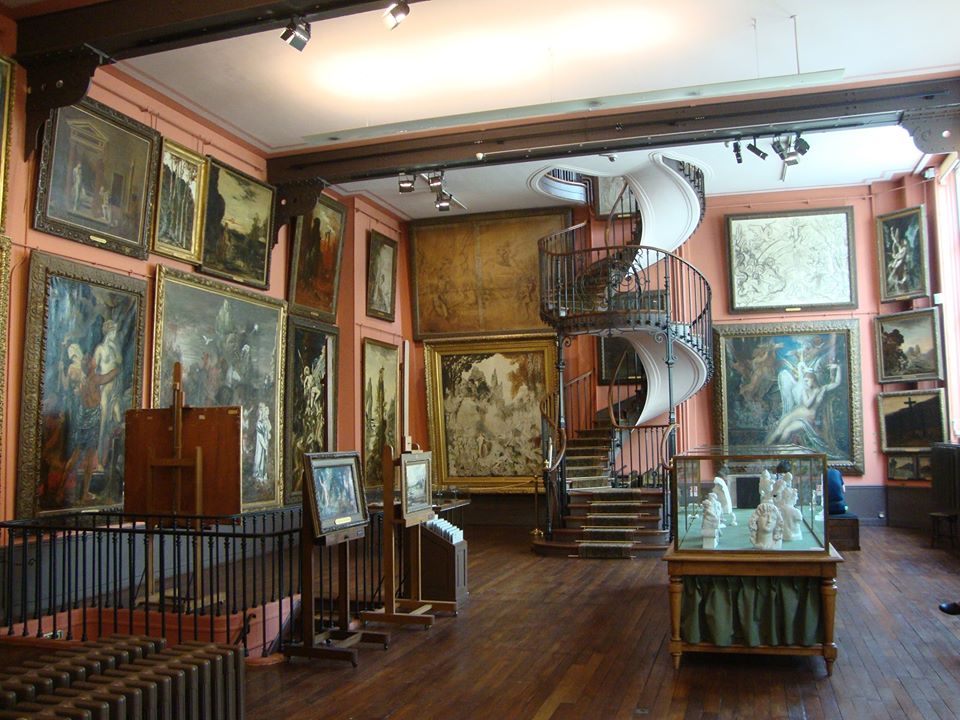The American Players Theatre is currently offering An Iliad, directed by John Langs, in their intimate Touchstone Theatre. This presentation is an adaption by Lisa Peterson and Denis O’Hare, of Homer’s The Iliad, from the 20th Century translation by Princeton professor Robert Fagles.
Most everyone reading this probably has some knowledge of the Trojan War…whether through study of The Iliad in a college classics course, reading an excerpt in a literature course during your educational career, reading it in a prose translation for fun or high school English, a movie adaptation at some point, or maybe even more likely a Disney or Warner Brothers cartoon using the Trojan Horse as a prop. So certainly we are all familiar at some level with Helen of Troy, “the face that launched a thousand ships”, and of course, the aforementioned Trojan Horse.
So given that familiarity, my next statement will seem a bit unusual…but the rest of my response to the play requires…A Spoiler Alert…read beyond the next quote at your own risk!
Rage – Goddess, sing the rage of Peleus’ son Achilles,
murderous, doomed, that cost the Achaeans countless losses,
hurling down to the House of Death so many sturdy souls,
great fighters’ souls, but made their bodies carrion,
feasts for dogs and birds,
and the will of Zeus was moving toward its end.
first line of Robert Fagles translation of The Iliad, © 1990
So this play wasn’t what I expected at all…I expected twenty actors…playing multiple roles…as Greeks, Trojans, or Olympians…in togas or armor…keeping me totally off balance trying to keep them all straight. Instead we have the cornerstone of the APT’s acting company, Jim DeVita, appearing as The Poet and Alicia Storin as The Muse.
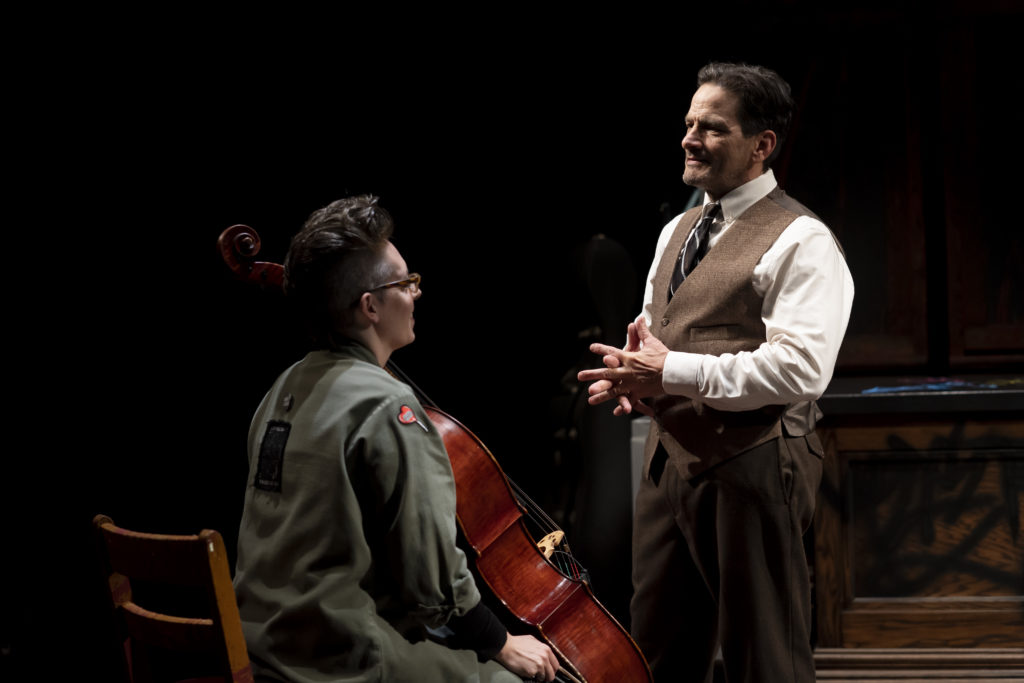
So let Achilles rage on.
If not on the shore of Troy amongst the boats of the Greek fleet, where do we find ourselves? Well, in a contemporary college lecture hall…well…maybe..not. Rather a contemporary college lecture hall of some twenty five years back when overhead projectors and white chalk on blackboards was still the resident technology. But even then it isn’t like any lecture hall we’ve ever experienced…it’s obviously been vandalized in a number of disturbing ways.
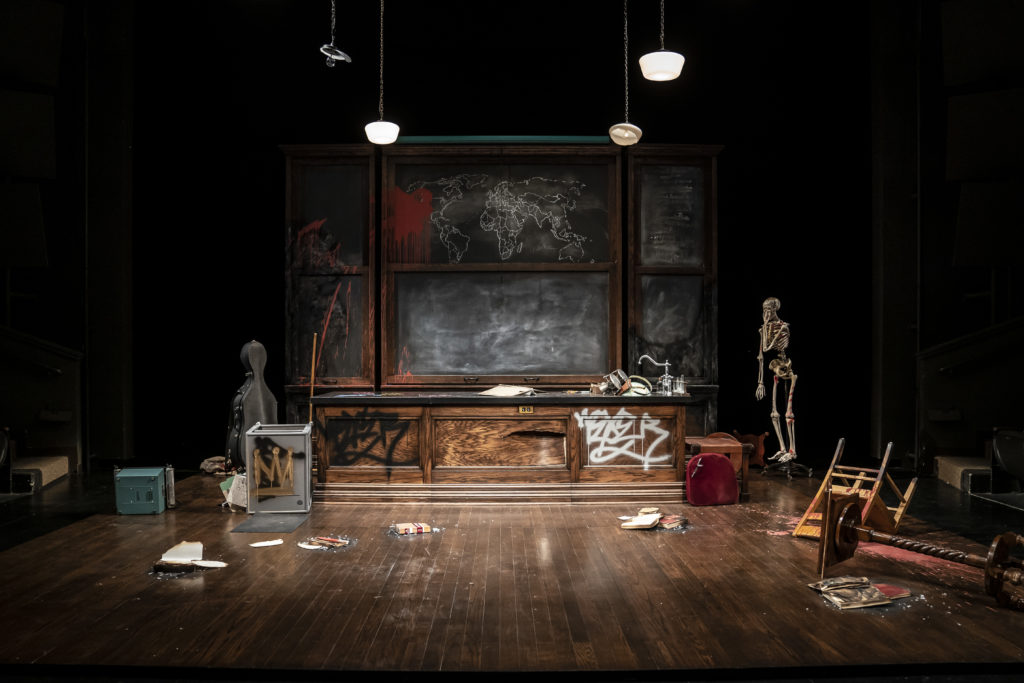
And why has the room been vandalized? When The Poet enters he just starts putting things straight…while he begins talking to his class (i.e. the audience)…and although obviously disgusted and disapponted…he never expresses a true moment of surprise. (btw: the orange and red book just left of center is a copy of Robert Fagles translation of The Odyssey…curious or clever prop selection?) But he never offers an explanation for this state of affairs. Is this a modern reflection of the war whose history we are about to experience…or a comment on the turmoil around colleges deciding to eliminate departments of the classics or reduce classes and coursework in the classics…or is it just my overactive imagination? But if you have an idea about why we are learning in the wreckage, please comment below (and if this is your first time commenting it won’t show up until the moderator, me, approves it).
And so we meet The Poet, someone not unlike a favorite or notable educator in each of our experiences…a bit rumpled…certainly a bit weary…and extremely passionate about their area of expertise. And he introduces himself indirectly while at the same giving us the opening line in Greek and the Fagles translation as published above. And here, although we see a mortal man whose attributes say late 20th Century college professor…the speeches we hear say we are in the presence of an immortal Homer come to sing his song one more time.
Every time I sing this song, I hope it’s the last time.
The Poet in An Iliad
And what a song it is, the song of the Trojan War. And The Poet displays all of the personalities…all of the antagonisms and interactions…and pulls us in. But the cost is high for this story teller, who intimately knew many of the people involved. You quickly understand his weariness and eventually feel the anger and passion and then the sense of loss and maybe even a bit of modern PTSD involved in his effort to make us a part of this story.
How do you know when you’ve won?
The Poet in An Iliad
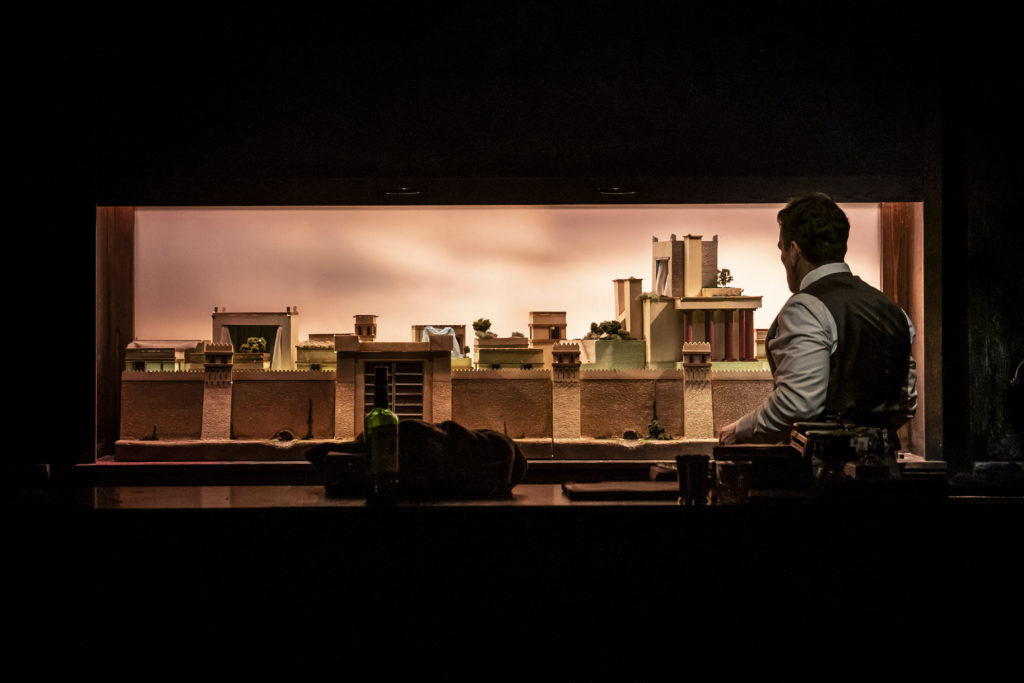
And the story, the modern play here, is a tapestry built on Fagles modern translation and embellished with the colors and contrasts written for the storyteller by Peterson and O’Hare. A modern contrivance and a modern convenience that brings us back to my title: An Iliad: A Living Classic or A Trojan Horse?
Why did I ask this question? Because after settling in with Homer, we expect the recitation of the epic story of the Trojan War. The victories, the losses, the glory for Greece. But in addition there is an active anti-war thread woven into the tapestry that eventually comes to an obvious conclusion in the final minutes. What better vehicle? What a better messenger? A story and plea thousands of years in the making.
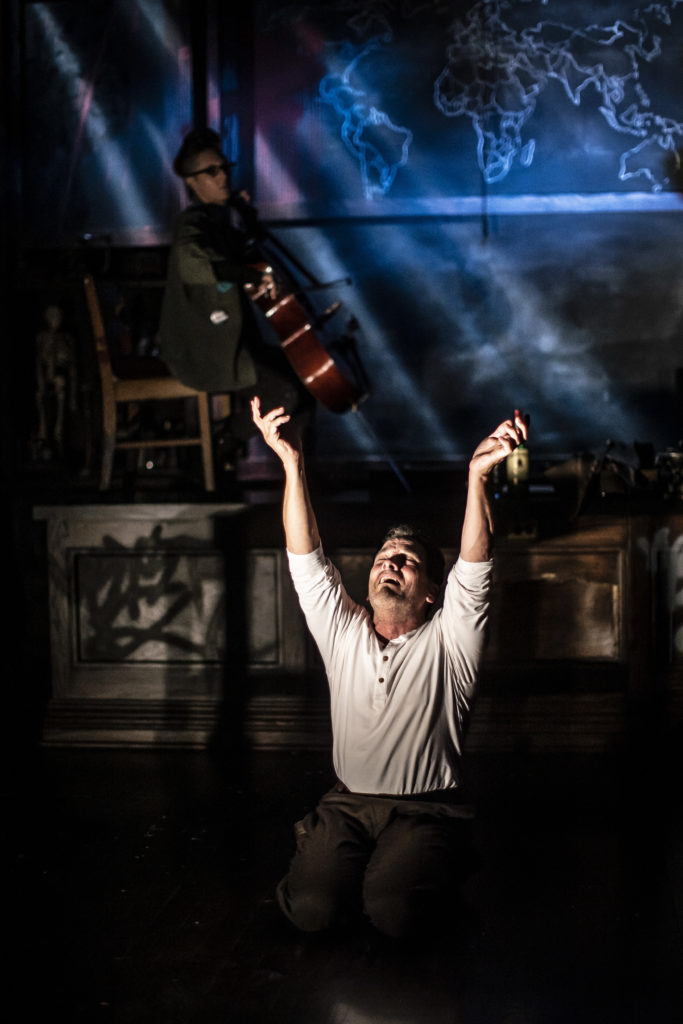
Where do the old gods go?
The Poet in An Iliad
So, please plan to see this re-timed and re-tuned epic. It plays live on stage in the Touchstone Theatre at the American Players Theatre in Spring Green through August 15, 2021. An At Home streaming option is also available through that date! Tickets are available here: *An Iliad contains adult language and content with a run time of an hour and 50 minutes. This response was written after viewing the remarkable streaming option.
